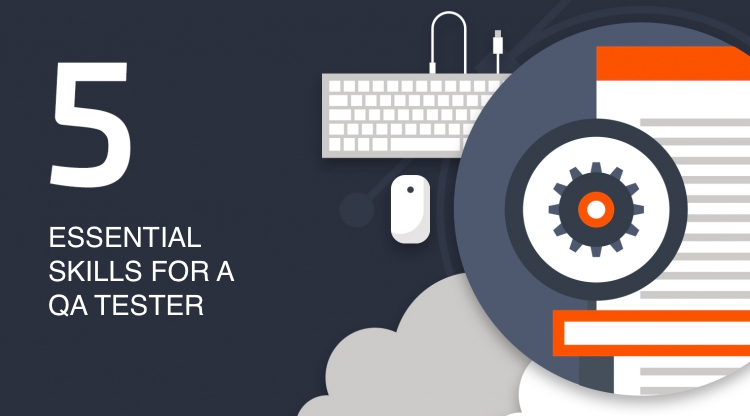5 Essential Skills for a QA Tester
1. Creating and sticking to a Test Strategy.
Testing is all about finding bugs and not about the amount of tests you can pass. A Test Strategy should detail what type of testing will achieve this. The Test Strategy will detail what order to run the tests in (risk based testing) based on the priority of the Requirements/User stories and where to focus your time and effort this will allow you to be most effective in the iteration or release you will be working on. The document will have the SLA’s for bug/defect turnaround and advise of the pre agreed % of low priority bugs that can be released with SLA’s for future post Live fixes. As we know QA will always face time constraints so this is your pre warning to the project before it happens and outlines the approach you will take if this does become the case. The test Strategy can start to be built once all requirements have been received and timelines agreed.
2. Creating and understand a detailed Test Plan.
The QA Test Lead or Test Manager normally writes the Test Plans, however the QA testers can write these also. The Test Plan is the document that details the testing tasks, timelines and who in QA is responsible for what. It also will advise of any dependencies on either people or process. This Document outlines the critical path and timeline of the project and advised of any risks to this. A test plan is written once the Test Strategy is completed and sent out for review both of these documents can change through the testing window but version control must be used on these.
3. Create specific Test Cases but also adequate Regression Test Cases.
The Test Cases you write must be prepared based on the two above documents in mind, you will use them to workout what script coverage you will need. The Test Script title will come from the User Story or Requirement document that will be provided to you by the PM or BA. The Test Script detail will depend on who is running them but also how well they know the system and if this is new functionality or existing functionality. The expected outcome for the script will come from the same document either a user story document or requirements document. All tests should be created and approved prior to testing starting. A good test case ensures that User story or Requirement is being met and also the ability to uncover defects.
4. Be able to create and capture valid Test Data.
You will need Test Data to successfully run your Test Cases, this can sometimes take a lot of effort for one test so it is advisable to use the same account / Test Data for different Test Cases, for instance if you need to book an order using a specific account it would make sense for you to create that specific account earlier in your test running or regression pack and reuse it. Test Data is normally done before your Test Execution phase, but there are times when you will need to create your Test Case Data while executing a test case, this is normally called Test Pre-Requisite. You must also keep in mind you are always making sure you have a stable Test Environment to test in.
5. QA Mind-set and approach.
It is important for a QA Tester to be personable and approachable and you must be able to say things in a clear constructive manor to all levels of you project stakeholders. The requirement of a QA role is to be focused on finding, what can be deemed by non-Testers as a negative outcome, and although we can all agree this is not the actual case, we do have the same goal. It is essential that you remain composed under pressure and communicate positively at all times whatever the situation.

A Certified Salesforce Consultant, Certified SCRUM Master and ISTQB Qualified QA Lead with experience in a variety of industries. Over 8 years of testing experience with exposure to huge array of projects and initiatives such as Product Launches, Media Advertising and Government Mandatory Financial Projects. My current role is at BrightGen, who have been an official Salesforce Platinum Partner since the start of the programme. BrightGen provide Salesforce expertise and strategic thinking that enables organisations to transform their business to Cloud-based technology.

